As the quest for sustainable and convenient lighting solutions gains momentum, two contenders have emerged as frontrunners: Outdoor Solar Lights and Battery-Operated Outdoor Lights. In this comprehensive blog post, we'll explore these lighting options, dissect their nuances, and help you decide which shines the brightest for your outdoor needs.
What is Outdoor Solar Light?
Outdoor Solar Lights are innovative lighting fixtures powered by solar panels that harness sunlight during the day to illuminate outdoor spaces at night. This eco-friendly solution operates on the principle of converting solar energy into electrical power, stored in batteries for later use.
What is Battery Operated Outdoor Light?
Battery-Operated Outdoor Lights, on the other hand, rely on traditional batteries, such as AA or AAA, to power the illumination. These lights offer flexibility, allowing users to replace or recharge batteries as needed, without the dependence on sunlight.
Differences Between Outdoor Solar Light and Battery-Operated Outdoor Light
1. Power Source and Energy Efficiency:
Solar Lights: Rely on sunlight, converting solar energy into electricity. They are energy-efficient but depend on consistent sunlight for optimal performance.
Battery-Operated Lights: Draw power directly from replaceable or rechargeable batteries. While versatile, their energy efficiency is determined by the battery capacity.

2. Installation and Placement:
Solar Lights: Ideal for areas with direct sunlight exposure. Placement is crucial to ensure the solar panels receive sufficient sunlight for charging.
Battery-Operated Lights: Versatile in placement, suitable for areas with limited sunlight. They are not dependent on specific sunlight conditions, offering installation flexibility.
3. Brightness and Light Output:
Solar Lights: Light output may be influenced by the available sunlight. They might be slightly dimmer on cloudy days or in shaded areas.
Battery-Operated Lights: Consistent brightness based on battery capacity, unaffected by weather conditions. Well-suited for consistent illumination.
4. Maintenance and Longevity:
Solar Lights: Generally low-maintenance, with occasional cleaning of solar panels. The lifespan is influenced by battery quality and solar panel durability.
Battery-Operated Lights: Require regular battery replacement or recharging. The overall lifespan is determined by battery quality and usage patterns.
5. Cost Considerations:
Solar Lights: Higher initial cost due to integrated solar panels and batteries. However, operational costs are lower over time.
Battery-Operated Lights: Lower upfront cost, but ongoing expenses for battery replacement or recharging may accumulate.
6. Environmental Impact:
Solar Lights: Environmentally friendly, harnessing renewable energy. They contribute to reducing carbon footprint and e-waste.
Battery-Operated Lights: Depend on disposable or rechargeable batteries, which can contribute to e-waste if not disposed of properly.

7. Adaptability to Weather Conditions:
Solar Lights: Performance may be affected by extended periods of cloud cover or inclement weather, potentially leading to reduced charging.
Battery-Operated Lights: More reliable in various weather conditions, making them suitable for consistent performance.
8. Versatility in Design and Functionality:
Solar Lights: Available in various designs, including stake lights, string lights, and pathway lights, with an emphasis on aesthetics.
Battery-Operated Lights: Diverse in design, ranging from string lights to lanterns and spotlights, offering functional and decorative options.
Which One is Better? Solar Light or Battery-Operated Outdoor Light?
1. Solar Lights:
Pros:
Environmentally Friendly: Solar lights harness renewable energy, reducing reliance on non-renewable resources and minimizing your carbon footprint.
Energy Efficiency: Once installed, solar lights operate with minimal ongoing costs, utilizing sunlight to generate electricity.
Low Operating Costs: While the initial investment may be higher, solar lights generally have lower operating costs over their lifespan.
Versatile Designs: Available in various aesthetically pleasing designs, enhancing both functionality and outdoor décor.
Reduced Dependency on Grid Power: Ideal for remote locations or areas with unreliable power sources, providing consistent illumination.
Cons:
Dependence on Sunlight: Performance can be affected by extended periods of cloud cover or shaded areas, potentially leading to reduced charging.
Higher Initial Cost: The upfront cost may be relatively higher due to integrated solar panels and batteries.
Limited Output in Low Light Conditions: Light output may be slightly dimmer during cloudy days or in shaded locations.

2. Battery-Operated Lights:
Pros:
Versatile Placement: Battery-operated lights offer flexibility in placement since they are not dependent on specific sunlight conditions.
Consistent Performance: Unaffected by weather conditions, providing reliable illumination even during extended periods of cloud cover.
Lower Initial Cost: Generally, battery-operated lights have a lower upfront cost, making them more budget-friendly.
Adaptable to Shaded Areas: Suitable for areas with limited sunlight, making them ideal for shaded patios, porches, or covered outdoor spaces.
No Dependency on Sunlight: Not affected by the availability of sunlight, ensuring constant performance regardless of weather conditions.
Cons:
Ongoing Battery Costs: Regular replacement or recharging of batteries contributes to ongoing expenses.
Environmental Impact: Disposable batteries can contribute to e-waste if not disposed of properly, impacting the environment.
Limited by Battery Capacity: Light output and duration depend on battery capacity, which may need upgrading for extended use.
Conclusion
In the grand debate between Outdoor Solar Lights and Battery-Operated Outdoor Lights, the ideal choice depends on your specific needs and priorities. If sustainability and minimal maintenance are paramount, solar lights stand as the clear winner. However, for flexibility, consistent performance, and lower initial costs, battery-operated lights may be the preferred option.
Ultimately, the best choice is a personalized decision, considering factors like local climate, desired aesthetics, and long-term budget. Both lighting solutions contribute to enhancing outdoor spaces, and as technology advances, we can expect further innovations that combine the strengths of both options. Illuminate your outdoor world wisely, balancing environmental considerations with practicality and convenience.



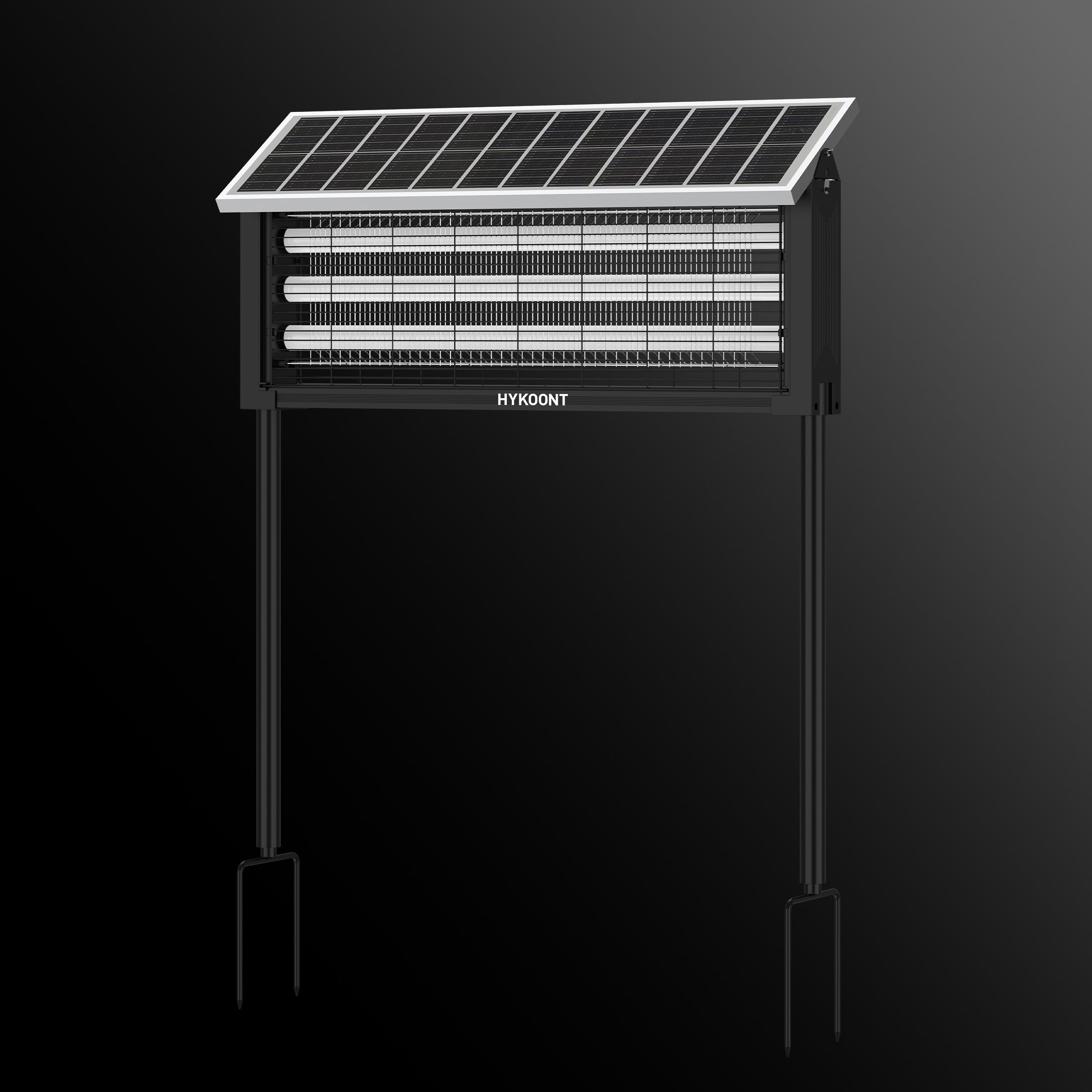
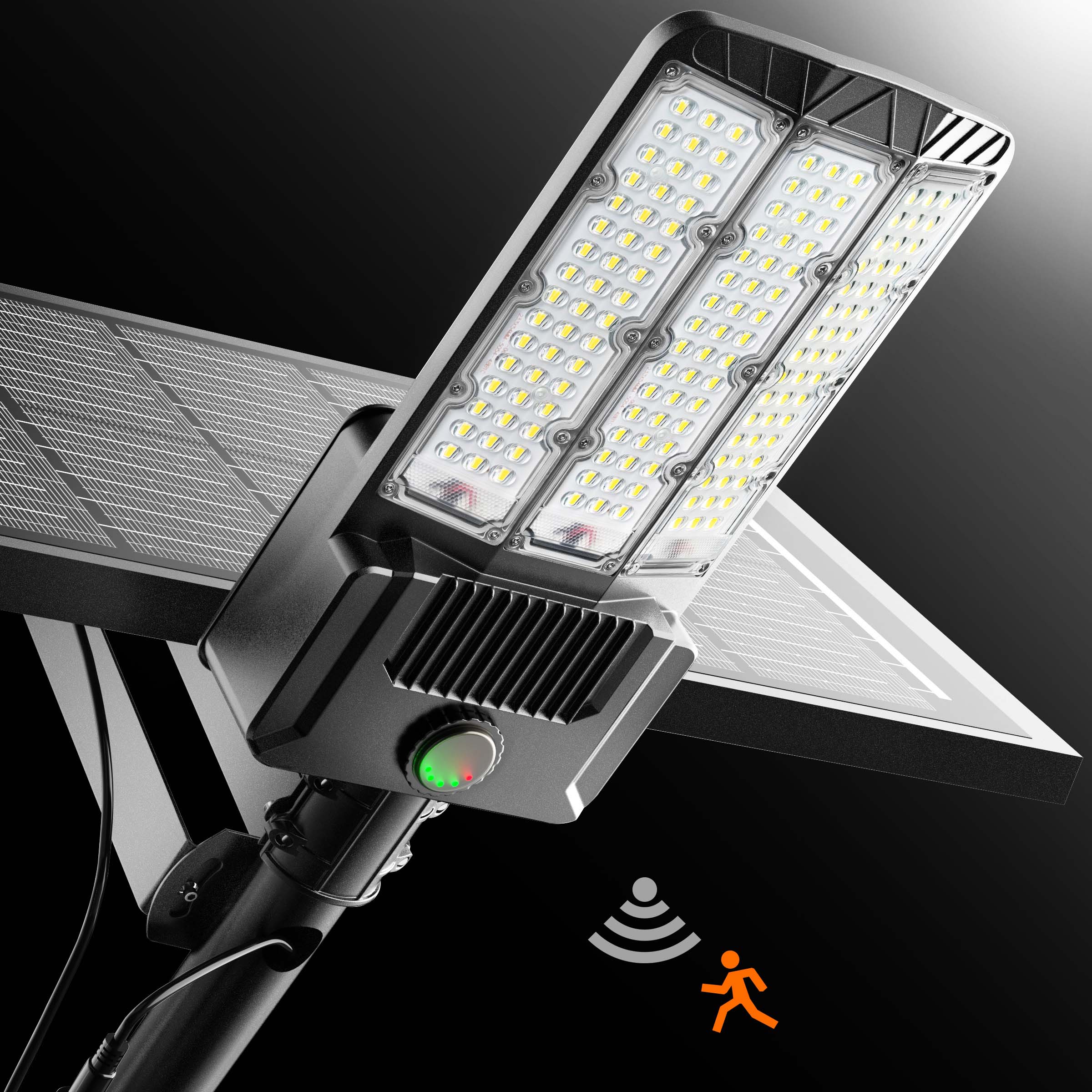
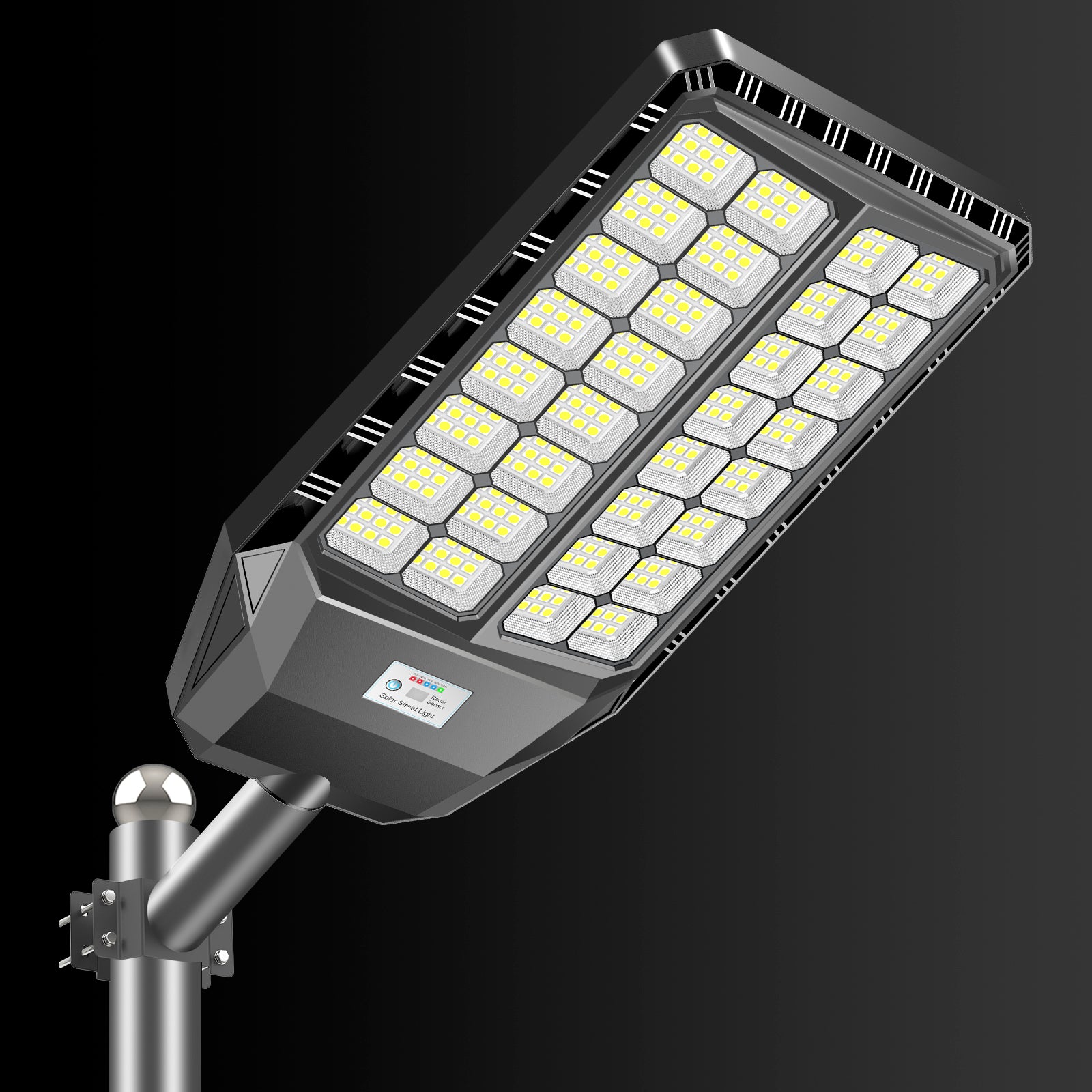
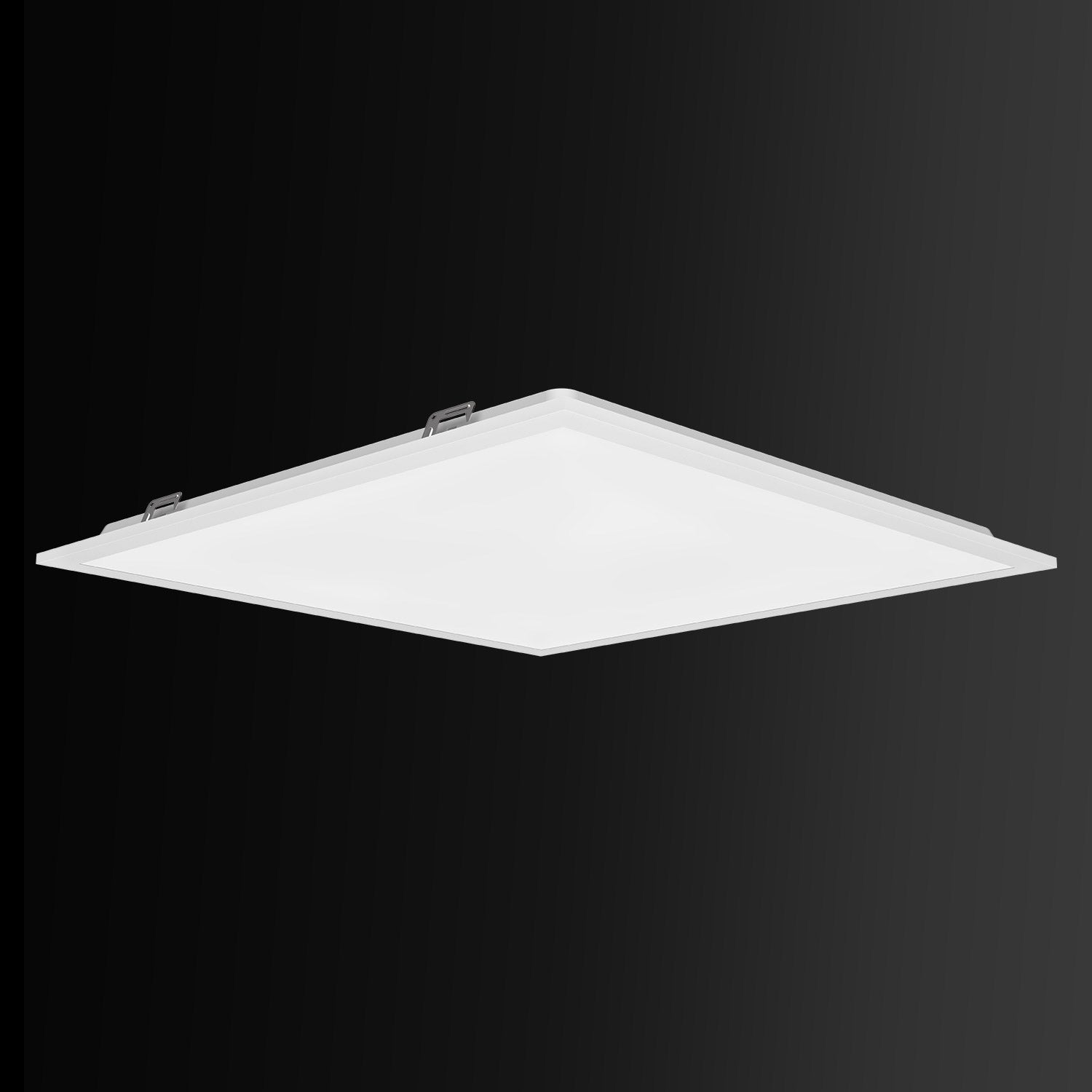


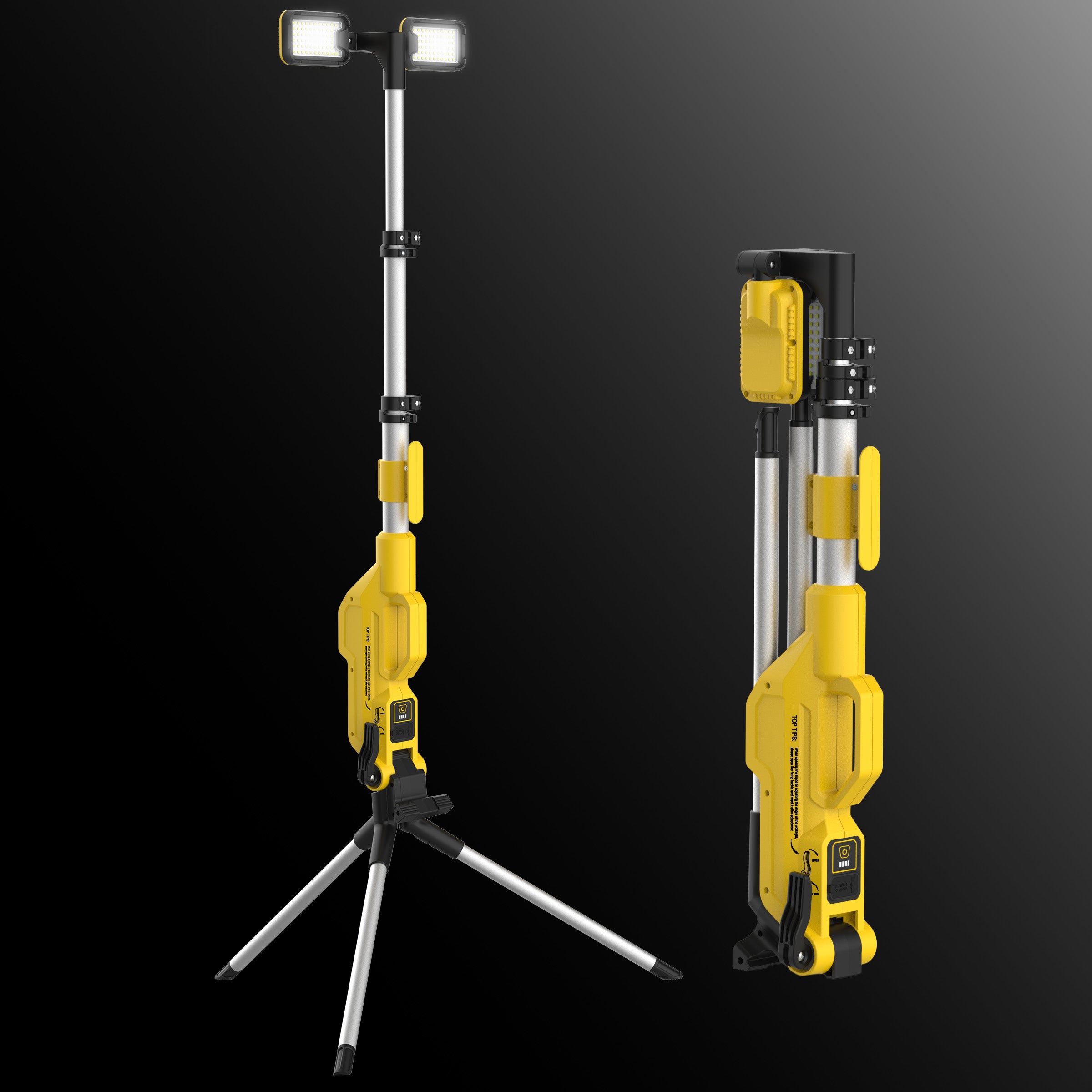
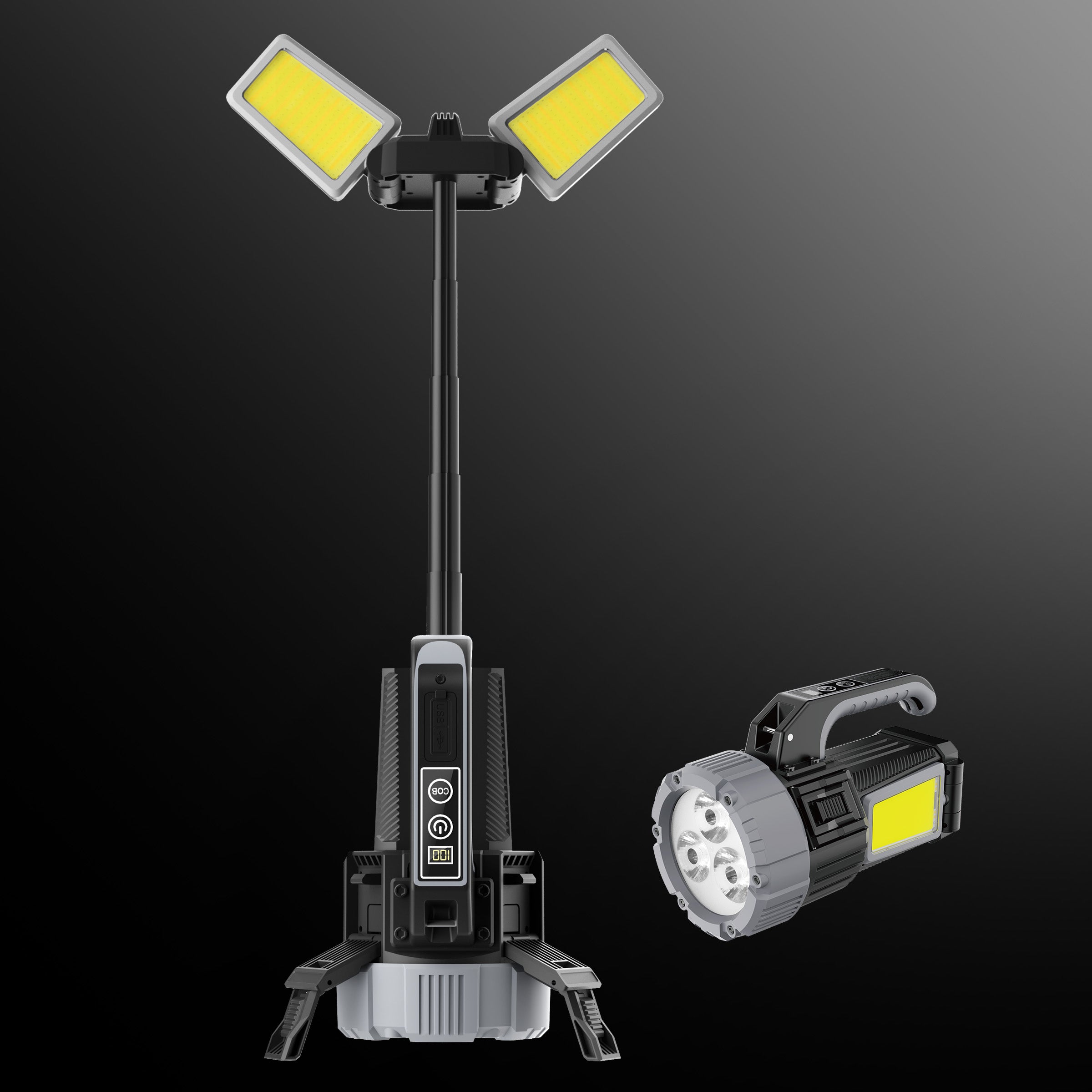



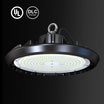
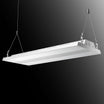


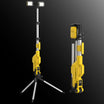
![[50%OFF] Hykoont LS018 Multi-Function 2 in 1 Flashlight Portable Extendable Adjustable Brightness CCT Bright](http://hykoont.com/cdn/shop/files/HYK-STDG18-2.jpg?v=1765273877&width=104)




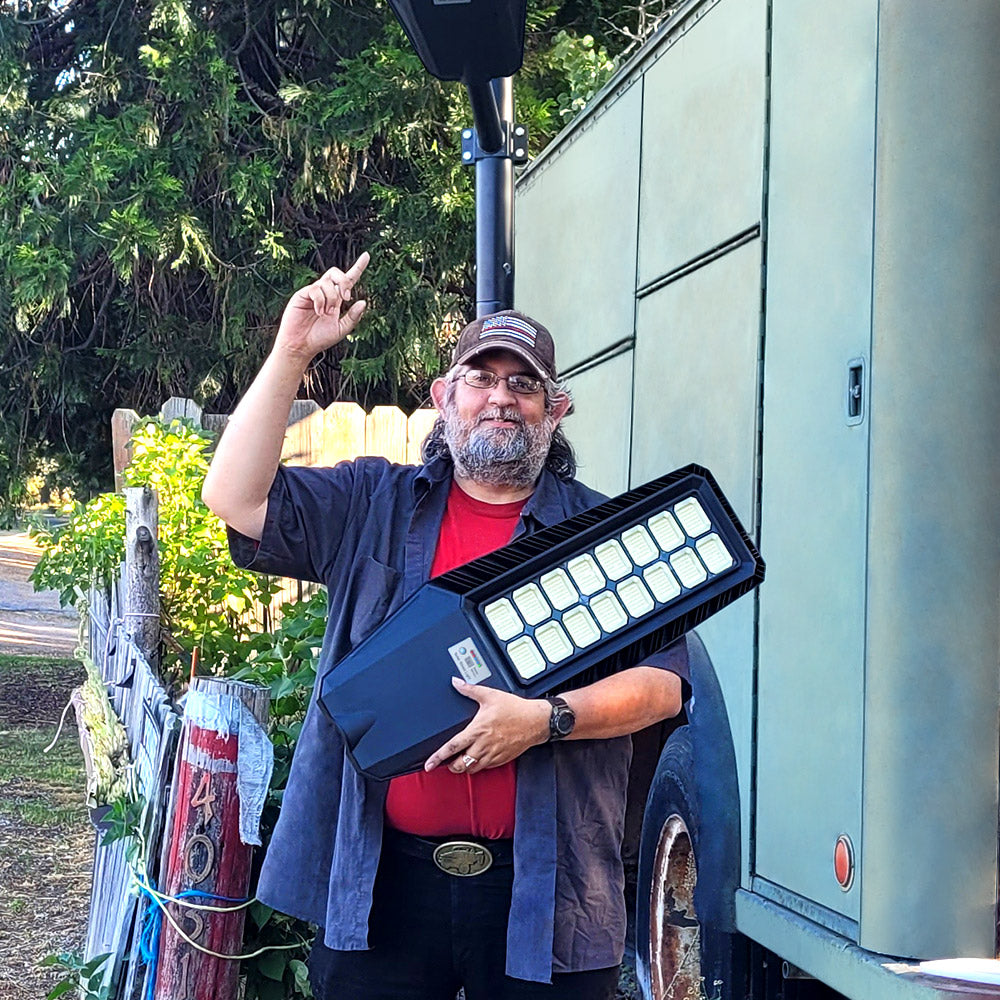
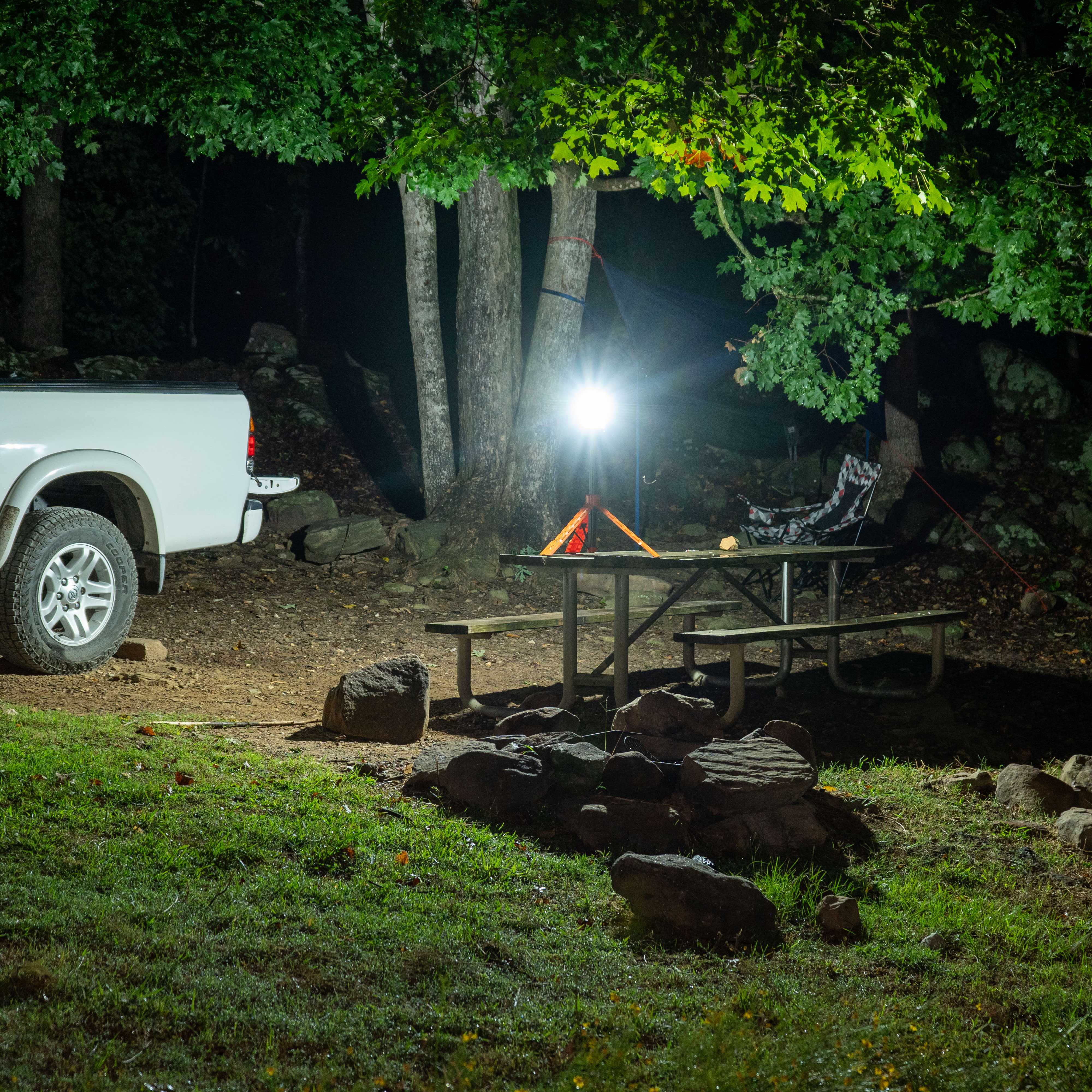

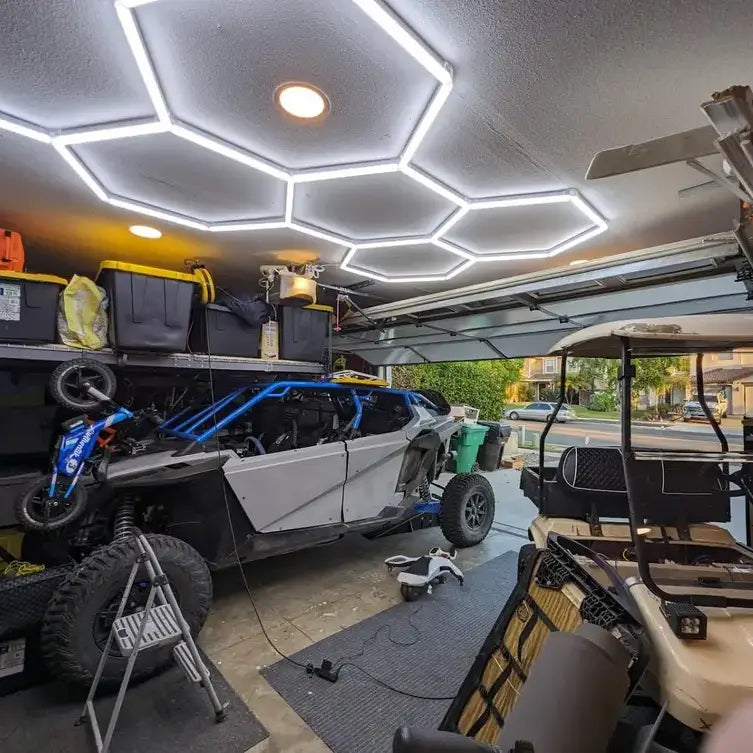
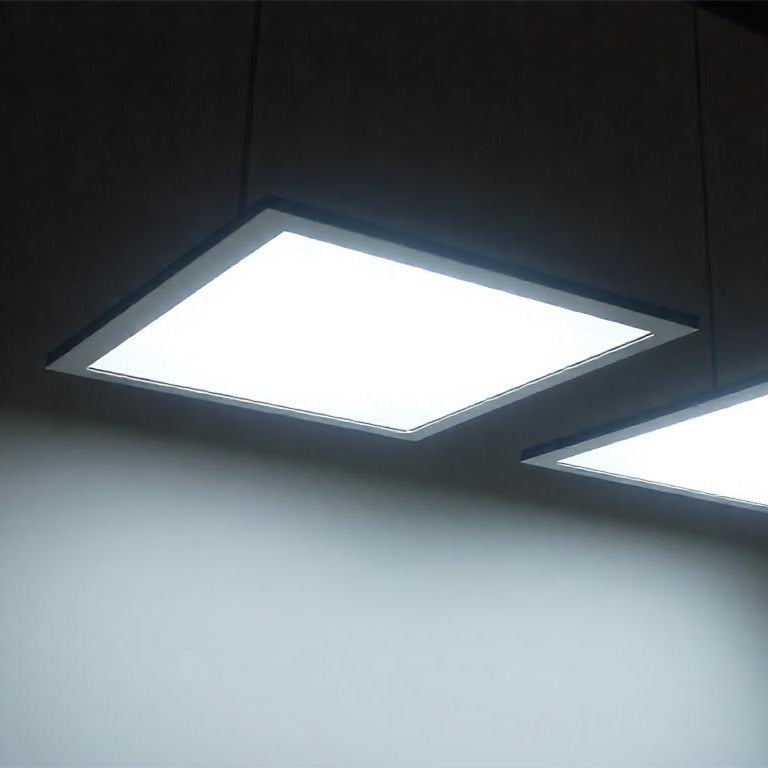
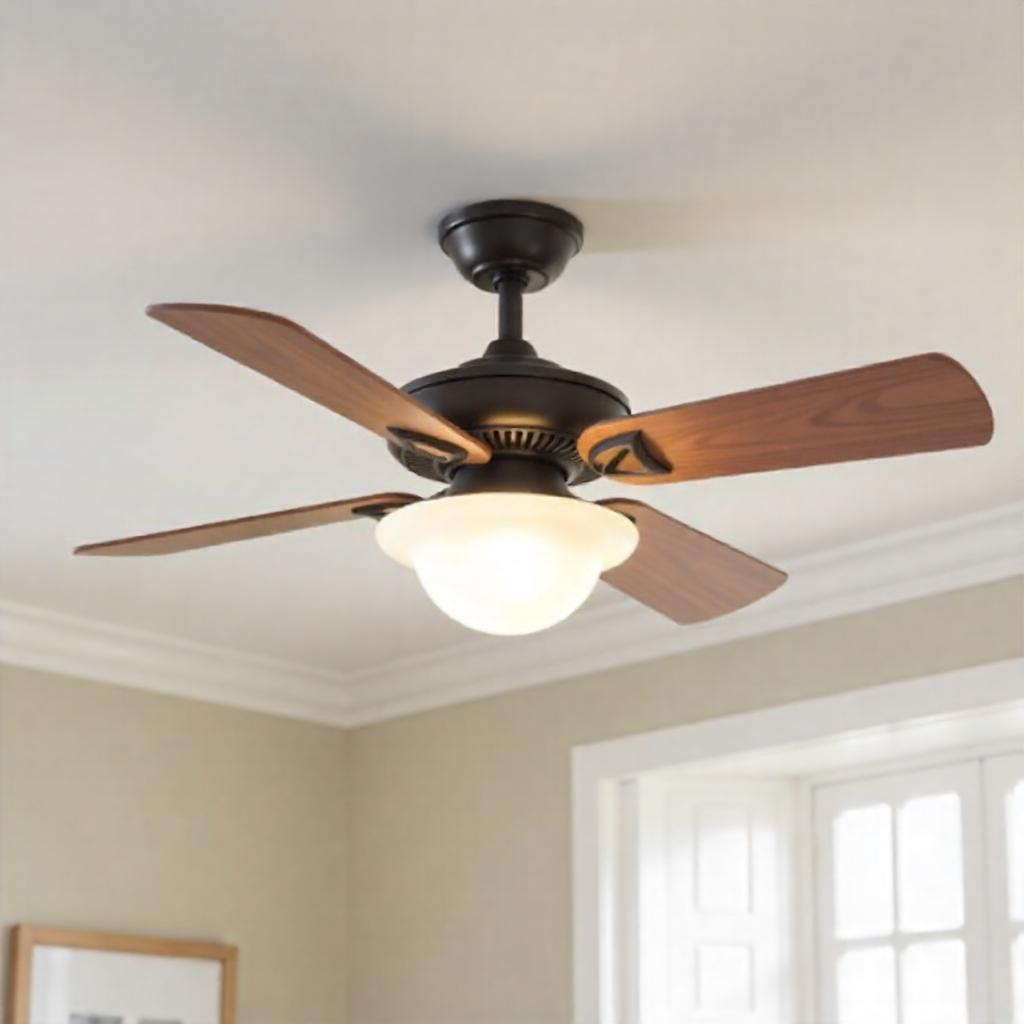
Leave a comment
This site is protected by hCaptcha and the hCaptcha Privacy Policy and Terms of Service apply.